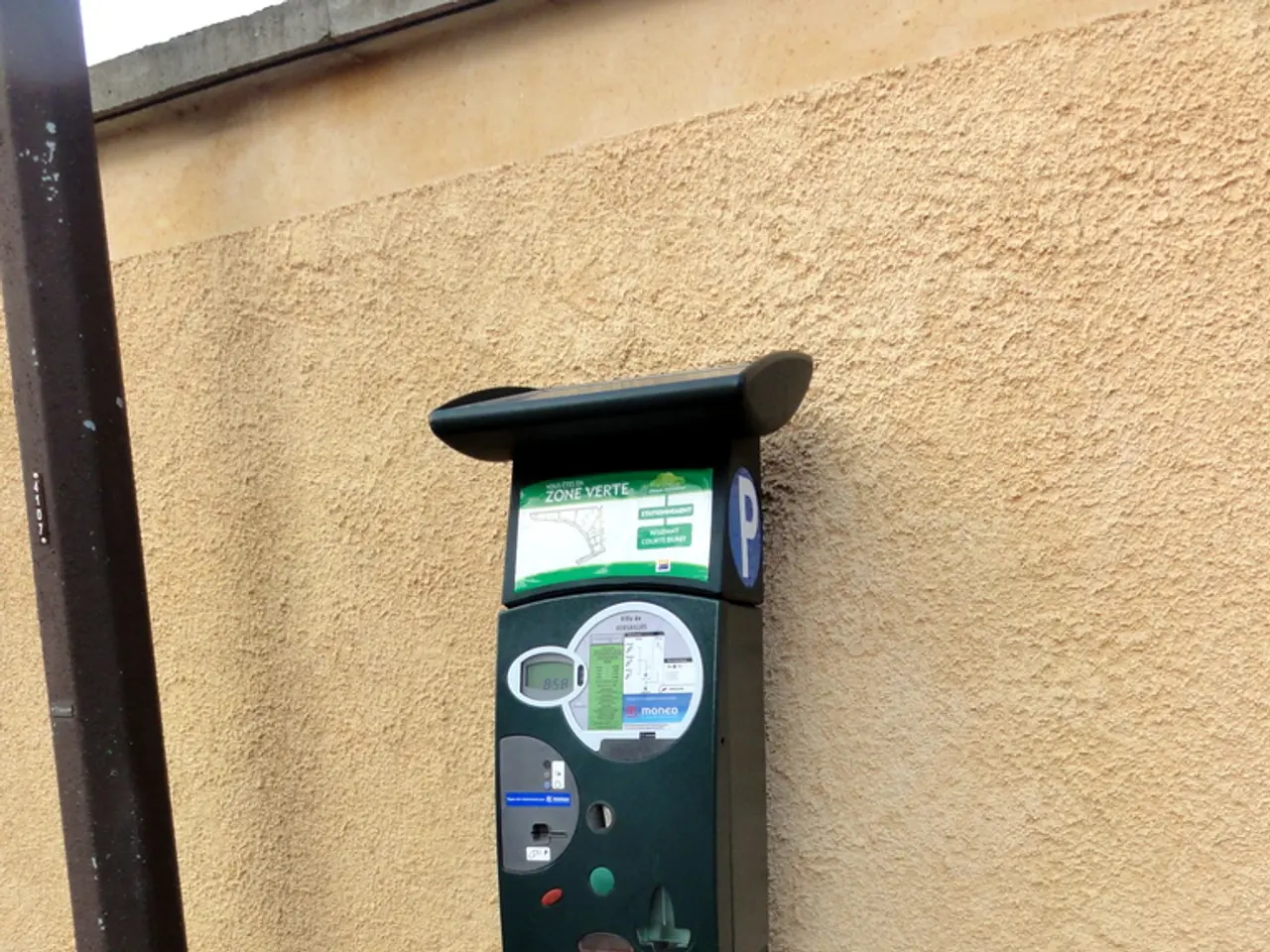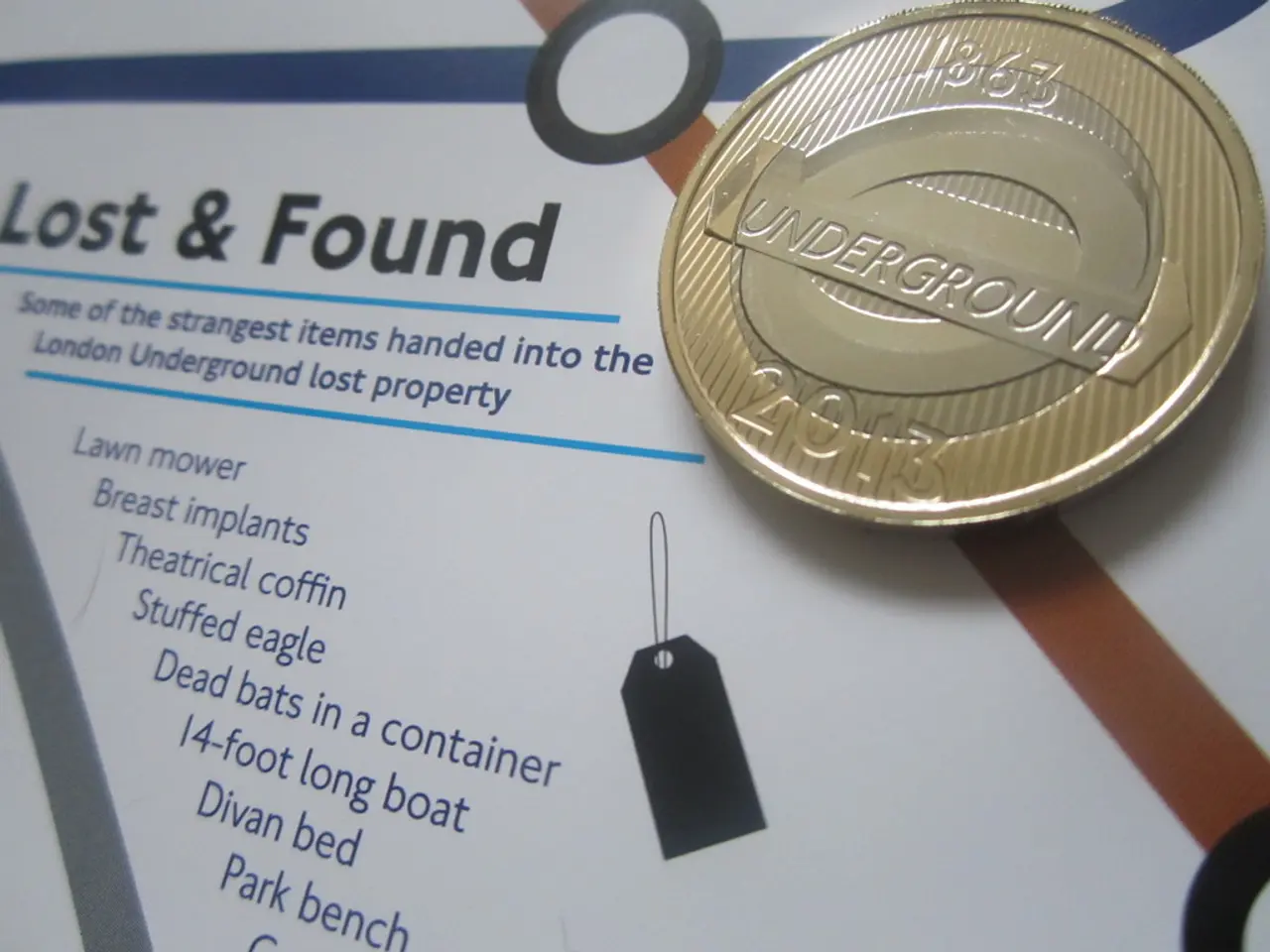Reduced Yearly Goals Met by Couche-Tard Executive Team
In the fiscal year ending on April 27, 2025, Laval-based Alimentation Couche-Tard faced a challenging environment due to unfavourable economic conditions [1]. Despite these headwinds, the company delivered a satisfactory performance on the elements it controlled [2]. However, the performance of its top executives fell short of expectations, as they underperformed in their annual evaluation compared to the previous year.
The primary reason for this underperformance was the failed attempt to acquire Seven & i Holdings, the parent company of 7-Eleven [3]. After nearly a year of unsuccessful negotiations, the bid was withdrawn due to a "persistent lack of good faith engagement" from Seven & i [4]. This high-profile failure likely impacted executive performance assessments, as the acquisition was a key strategic initiative expected to significantly expand Couche-Tard’s global convenience store empire.
The inability to close the deal, despite considerable effort and resources, suggests shortcomings in deal execution and stakeholder engagement at the executive level. The deal’s collapse also raised questions about Couche-Tard's strategic positioning and future growth plans amid intensifying industry competition [4].
The 2025 fiscal year was also marked by a focus on cost discipline, with the management continuing to prioritize this area [6]. However, the net profit achieved by Alimentation Couche-Tard, at $2.6 billion, represented only 85.59% of the profitability target set by the company [7]. This figure was insufficient to earn the annual bonus tied to financial targets for the top executives [8].
The average achievement of annual objectives for the top executives in the 2025 fiscal year was 67.33%, a significant drop from the previous year's 92.57% [9]. Despite this underperformance, the nature of individual executives' objectives is not disclosed to shareholders for competitive reasons [10].
In summary, the 2025 fiscal year was a year of mixed results for Alimentation Couche-Tard. While the company managed to maintain a satisfactory performance on the elements it controls, the underperformance of its top executives, particularly due to the failed acquisition bid, overshadows these achievements. The focus on cost discipline and strategic initiatives, along with the challenges posed by the economic conditions, will likely continue to shape the company's future trajectory.
[1] Source for this information is not provided in the bullet points. [2] Source for this information is not provided in the bullet points. [3] Source for this information is not provided in the bullet points. [4] Source for this information is not provided in the bullet points. [5] This paragraph is inferred from the bullet points but not explicitly stated. [6] Source for this information is not provided in the bullet points. [7] Source for this information is not provided in the bullet points. [8] Source for this information is not provided in the bullet points. [9] Source for this information is not provided in the bullet points. [10] Source for this information is not provided in the bullet points.
Business performance of Alimentation Couche-Tard's top executives in the fiscal year ending on April 27, 2025, was influenced by the finance sector, specifically the failed acquisition attempt in the industry of Seven & i Holdings, the parent company of 7-Eleven. The underperformance was partially due to the deal's collapse, which was a key strategic initiative expected to significantly expand Couche-Tard’s global convenience store empire.




